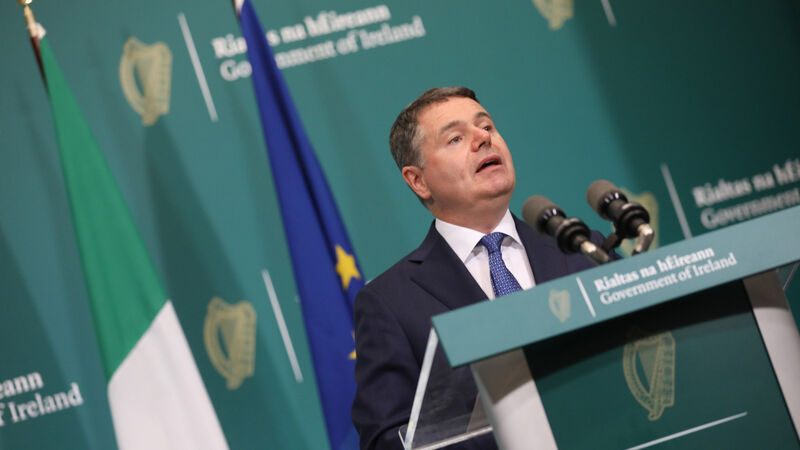Tax rate change designed to benefit bigger countries, economist warns

Minister for Finance Paschal Donohoe said the deal "provides that the minimum effective rate for multinationals with an annual revenue in excess of €750 million is 15%. Picture: Julien Behal
The Government is to give up our lucrative 12.5% corporation tax rate as part of a landmark international agreement.
After months of wrangling, Ministers have agreed to sign the Organisation for Economic Co-operation and Development (OECD) deal that will see our corporation tax rate rise to 15%.











